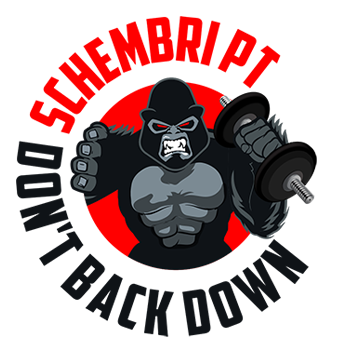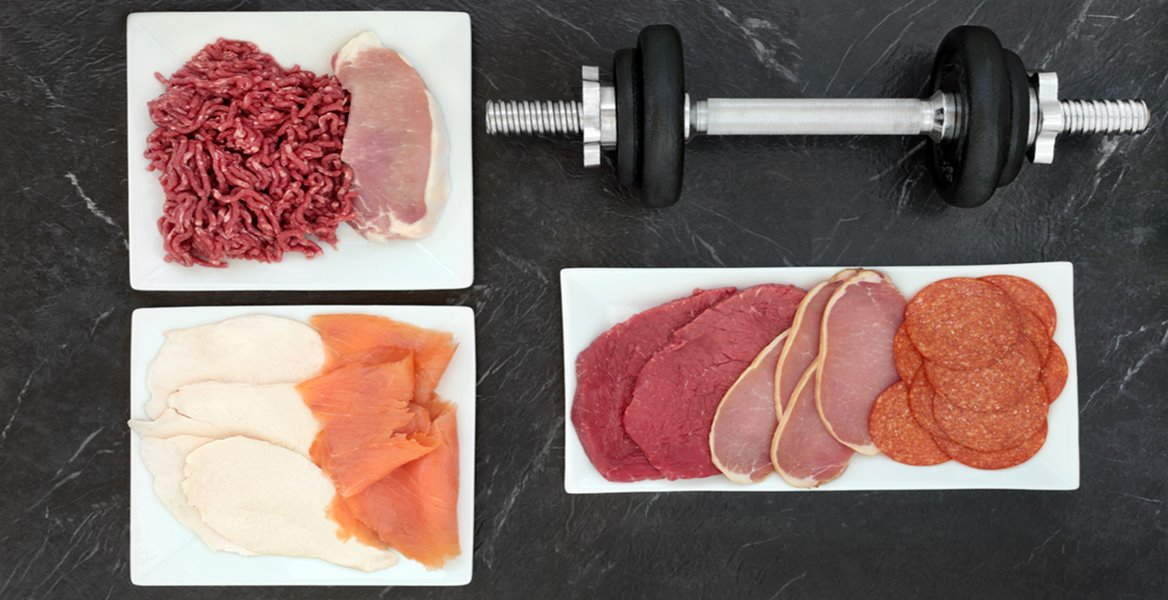Anyone that is interested in building muscle knows the importance of protein in their daily diet. But does everyone have clarity about the amount of protein they should consume and whether it’s safe to include extra protein in their diet? Most aren’t very sure about what the best source of protein is either.
All of these are burning questions and very relevant ones too. It’s why we decided to do a rundown on this topic and give you some factual information about the protein quotient in bodybuilding:
Regardless of whether you just want to get a very lean and well-toned body or want to bulk up, protein becomes a very important component in your nutrition chart. The simple fact is that if you don’t consume adequate amounts of protein, your general health as well as your fitness would suffer. Protein is the base on which the muscle tissues get built. Only when your body’s protein needs are met, will you be able to lose fat and build new muscle. Let’s take a closer look at how this macronutrient works and the role it plays in bodybuilding.
#1 Is it a fact that the human body is only able to use 30gms of protein at one time?
This is one piece of information doing the rounds, that isn’t entirely accurate. While it isn’t recommended that you should consume 100gms of protein in every meal, your body will process as much protein as it can from the amount you feed it. The one way to ensure your body processes the protein optimally is to consume around 30gms of protein per meal, in all the meals you consume in a day. This will reduce the stress on your digestive system and your body will be able to synthesize the protein better and this boosts the muscle-building process.
#2 If I have more protein, will I be able to bulk-up faster?
Yes your body will be able to build muscle faster, but only to a certain degree, since only some of the protein you eat actually gets synthesized. If you try to increase your protein intake beyond 30-35% of the calories you consume every day, it won’t really provide you any more muscle–building advantage. On the contrary, it might act as a hurdle to your goals as it cuts into your carbohydrate and fat intake. While this isn’t an exact estimate, you should be able to cover your bases by consuming a minimum of 1gm of protein per ½ kg.
#3 You can’t really gain fat from consuming excessive protein right?
Most people are under the impression that since protein helps in muscle building, they can’t add weight by consuming too much protein. This just isn’t true – if there is a surplus of protein in your body, the kilos will creep in. It’s a fact that protein doesn’t convert into fat as easily as other macronutrients; however, if you consume it in excess, that protein might eventually land up as fat deposits. In addition, as you increase your protein intake, there is a rise in protein oxidation and you end up burning fewer fats or carbs for fuel.
#4 Which foods are the best source of protein?
It’s also very important that you get your protein from the right protein source. A complete protein source is one that has adequate amounts of all the 9 essential amino acids. These are termed as “essential” because the human body doesn’t have the ability to make these on its own. Animal protein sources such as eggs, poultry, milk and fish are considered to be complete animal sources as they have all the building blocks that your body requires.
For more information about protein or any other bodybuilding nutrition information, don’t hesitate to get in touch with us at Schembri PT. Our number is 02 9648 6405. You can send us an email to info@schembript.com or fill in this contact form and we’ll reply as soon as possible.
Thanks for reading,
Schembri PT Team
02 9648 6405

